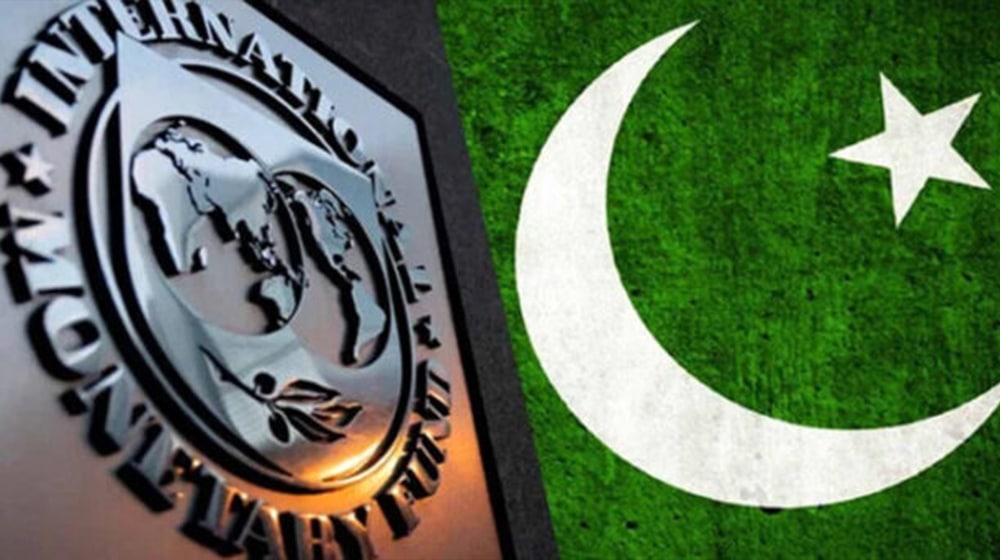Pakistan has pledged to the International Monetary Fund (IMF) to implement timely increases in electricity prices, including the recovery of pending generation costs exceeding Rs. 210 billion, according to media reports. This move, while aimed at enhancing the financial sustainability of the power sector, is likely to burden the populace.
Additionally, Islamabad has assured the IMF of its readiness to transfer control of the power distribution companies to the private sector under concession agreements—a significant policy shift for the Pakistan Muslim League-Nawaz (PML-N) government. Prime Minister Shehbaz Sharif recently formed a committee to oversee the transfer of these companies to provincial authorities.
These assurances were made during ongoing negotiations to secure a staff-level agreement for the release of a $1.1 billion loan tranche. Unlike previous instances, the IMF encountered fewer obstacles in discussions with the Ministry of Energy this time.
Pakistan’s commitments aim to bolster the financial health of the power sector. While there’s no specific requirement to raise tariffs solely for the sake of the impending loan tranche, authorities aim to finalize the next annual base tariff adjustment by June, with implementation slated for July.
This will mark the third consecutive year of electricity price hikes due to annual adjustments, in addition to monthly and quarterly price fluctuations. Despite these increases, the circular debt in the electricity sector remains substantial, standing at around Rs. 2.7 trillion, with Rs. 378 billion accrued in the first half of the current fiscal year.
The IMF has expressed concerns about continuous price escalations and is discussing measures with Pakistani authorities to mitigate generation costs, including revisions to power purchase agreements. Additionally, the IMF highlighted the need to recover outstanding generation costs and raised questions about the government’s privatization approach for distribution companies.
Pakistan has assured the IMF of its commitment to private sector involvement in managing these companies. However, the decision to transfer control to provincial governments raises concerns, as it may not address underlying inefficiencies in the power sector.
Moreover, the IMF has urged Pakistan to share data on the expiry of existing Power Purchase Agreements and review policies such as subsidized gas for fertilizer plants, which divert resources from the power sector and contribute to price hikes.
Negotiations are progressing smoothly, and a staff-level agreement is anticipated in the coming week as both parties work towards resolving these complex issues.






















